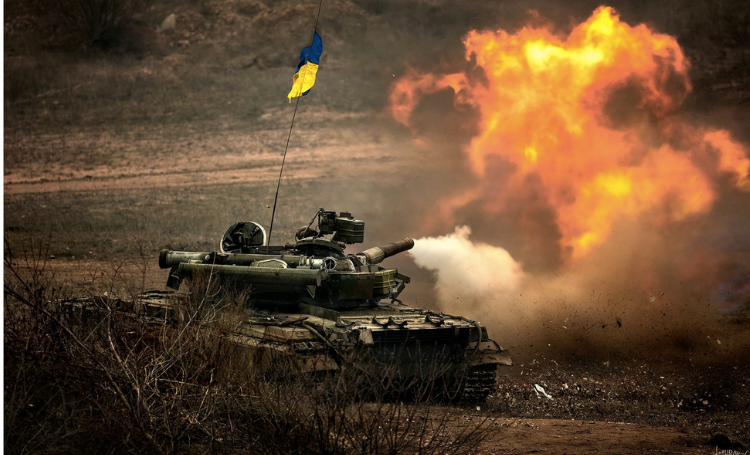Holman W. Jenkins Jr.
WSJ, Jan. 6, 2023
“Ending the war would be a blessing to the Russian people and Mr. Putin’s budget, but it would also crystallize Russia’s status as a ramshackle power.”
World War II revisionist historian Phillips O’Brien has been fighting the good fight lately on Twitter, upholding the thesis of his 2015 magnum opus, “How the War Was Won.” To wit, Russia’s contribution to victory in the world war was relatively minor after all. German weapons and materiel consumed in battle on the eastern front calculate out to a modest fraction of those destroyed or prevented from being created by the Western air and naval war against Germany’s productive capacity.
He turns on its head an old belief that allied bombing was ineffective because Nazi production for a time continued to grow in absolute terms. Mr. O’Brien suggests the effect on potential output is what matters. The Germans apparently agreed. According to Mr. O’Brien’s figures, the lion’s share of resources went to the Luftwaffe and German navy even at the height of the ground campaign in the east.
Russia today possesses a small fraction of NATO’s productive capacity and will not be able to make up the gap, never mind neither’s being under direct military threat. One close similarity with Hitler, however, is the disappearance of any prospect of gain from the war Mr. Putin started in Ukraine, which offers now only variations on loss and disaster. The war continues only to spare Mr. Putin a loss of face from admitting a truth that is obvious to 100% of the people around him.
Which brings us to the question of negotiations, faintly in the air since the prisoner trade for a U.S. women’s basketball star in early December. Mr. Putin desperately needs talks if they can get him out of the mess he created. They can’t. He waited too long and now it appears nothing can seriously alter the outcome. … [To read the full article, click here]
______________________________________


